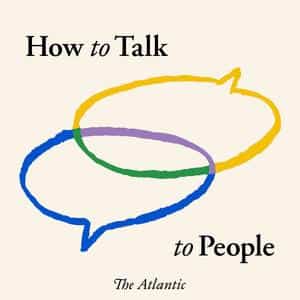
In this episode of “In Our Time: Philosophy,” the focus is on Solon the Lawgiver. Solon, who lived in the archaic period of Greek history, was elected Archon in 594 BC and implemented a series of reforms that transformed Athens’ political and legal systems. His reforms prevented Athens from falling into tyranny or civil war and laid the foundation for Athenian democracy. Solon’s impact on Athens and his reputation as one of the seven sages of the Greek world make him a significant figure in history.
Solon’s election as Archon in 594 BC marked a turning point for Athens. The city was in crisis, with the lower orders of society burdened by debt and facing slavery. Solon’s reforms, aimed at preventing tyranny and civil war, were crucial in transforming Athens’ political and legal systems. His efforts laid the foundation for Athenian democracy and helped alleviate the oppressive conditions faced by the lower classes.
Solon’s noble and wealthy background did not deter him from engaging in trade and gaining wisdom. His involvement in trade and his poetic compositions brought him into the realm of politics. Athens, with its diverse city-states and political systems, provided a fertile ground for Solon’s political career. His unique background and experiences shaped his perspective on governance and reform.
Solon’s economic reforms were instrumental in addressing the inequalities and economic hardships faced by the Athenian population. By abolishing debt and freeing the land, Solon aimed to restore balance and fairness to society. While he did not redistribute land, his reforms had a significant impact on the economic well-being of the lower classes. Solon’s approach to economic reform combined force and justice, without resorting to violence.
Solon’s political reforms aimed to empower the Athenian citizens and ensure a more inclusive political system. By opening up access to the assembly for all citizens, regardless of wealth, Solon challenged the traditional notion of power vested in a select few. However, his reforms faced resistance from aristocrats who believed in a more exclusive form of governance. Solon’s legal and political reforms granted more power to the people, allowing them to bring public lawsuits and seek justice through popular courts.
Solon’s laws became the foundation of the Athenian legal system for centuries to come. His introduction of esonomiya (equality before the law) and democratic ideals shaped the identity of Athens as a distinct city-state. Under Solon’s reforms, Athens emerged as a significant player in Greek politics, with a unique approach to governance and societal values. Solon’s legacy as one of the seven sages of the Greek world solidifies his status as a wise statesman and a key figure in ancient history.
Solon the Lawgiver’s reforms were instrumental in transforming Athens and laying the groundwork for Athenian democracy. His efforts to address economic inequalities, empower the people, and introduce democratic principles had a lasting impact on the city-state. Solon’s wisdom, political acumen, and commitment to the well-being of the Athenian population earned him a place among the seven sages of the Greek world. His legacy continues to inspire discussions on governance, democracy, and societal values.